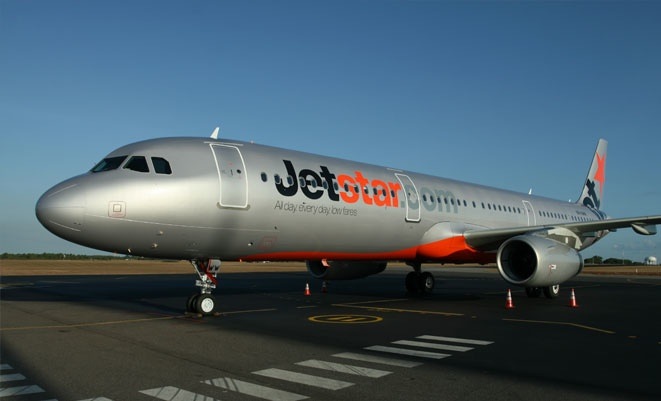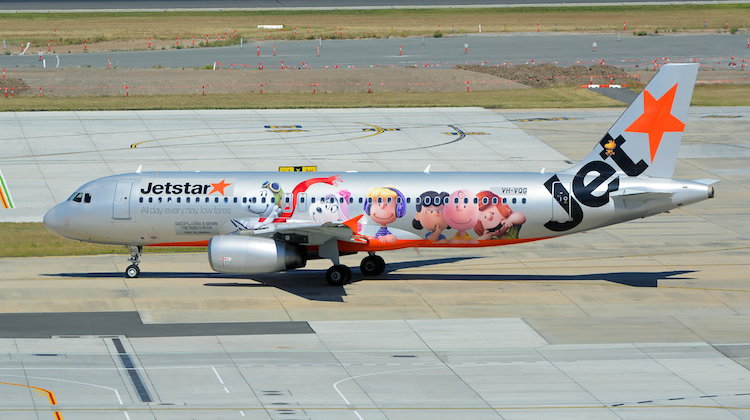
The ATSB and CASA are investigating two Jetstar incidents relating to passenger loading and weight calculations, including one that “required an almost full aft control input” to get the aircraft airborne on takeoff.
The first incident related to a Jetstar flight from Melbourne to Perth on October 29 operated by Airbus A321 VH-VWT, where the Australian Transport Safety Bureau (ATSB) said the pilot flying noticed the aircraft was “nose-heavy” during the takeoff roll and almost full aft control input was required to raise the aircraft’s nose.
“Once airborne, the flightcrew requested the cabin crew to confirm the passenger numbers and seating locations,” the ATSB said in its notification about the investigation on its website.
“The flightcrew re-entered the updated information into the flight management computer and identified that the aircraft was outside the aircraft’s loading limits for takeoff and landing. Passengers were relocated within the aircraft cabin to return the aircraft to within allowable limits for the remainder of the flight and landing.”
The second incident concerned Jetstar Airbus A320 VH-VQG, which took off from Brisbane Airport on October 19 bound for Melbourne with 16 more passengers than had been advised to the pilots, meaning it was 1,328kg heavier than the weight used to calculate the takeoff and landing data for the flight. This required a recalculation of the aircraft’s landing data prior to descent into Melbourne.
“The ATSB has commenced an investigation into these two aircraft loading events, which will include interviews with the flight and ground operations crews; a review of the Jetstar internal procedures regarding aircraft loading; [and] a review of preventative- and recovery-type risk controls for aircraft loading,” the ATSB said.
The ATSB investigation was expected to be completed in October 2016.
Separately, the Civil Aviation Safety Authority (CASA) has launched its own probe into the two Jetstar flights, which would run in parallel to the ATSB’s investigation and focus on “regulatory compliance and relevant ongoing safety of flight issues”.
“This investigation is focusing on the root causes of the passenger loading errors, relevant systems and processes and Jetstar’s subsequent actions,” CASA said in a statement.
“The travelling public can be assured CASA will take all appropriate actions to ensure Jetstar maintains robust and appropriate systems and processes to ensure passenger loading mistakes do not recur.”
Jetstar said it was assisting the ATSB with its investigation.
“Since these incidents took place in October, we have put additional measures in place to check our flights have been loaded correctly and that aircraft weight and balance is properly accounted for,” a Jetstar spokesperson told the ABC.
“We’ve had no flights operate with this type of error since we introduced these measures.”
CASA said it was “overseeing the changes Jetstar have made in relation to passenger loading and aircraft weight and balance following the October incidents”.





